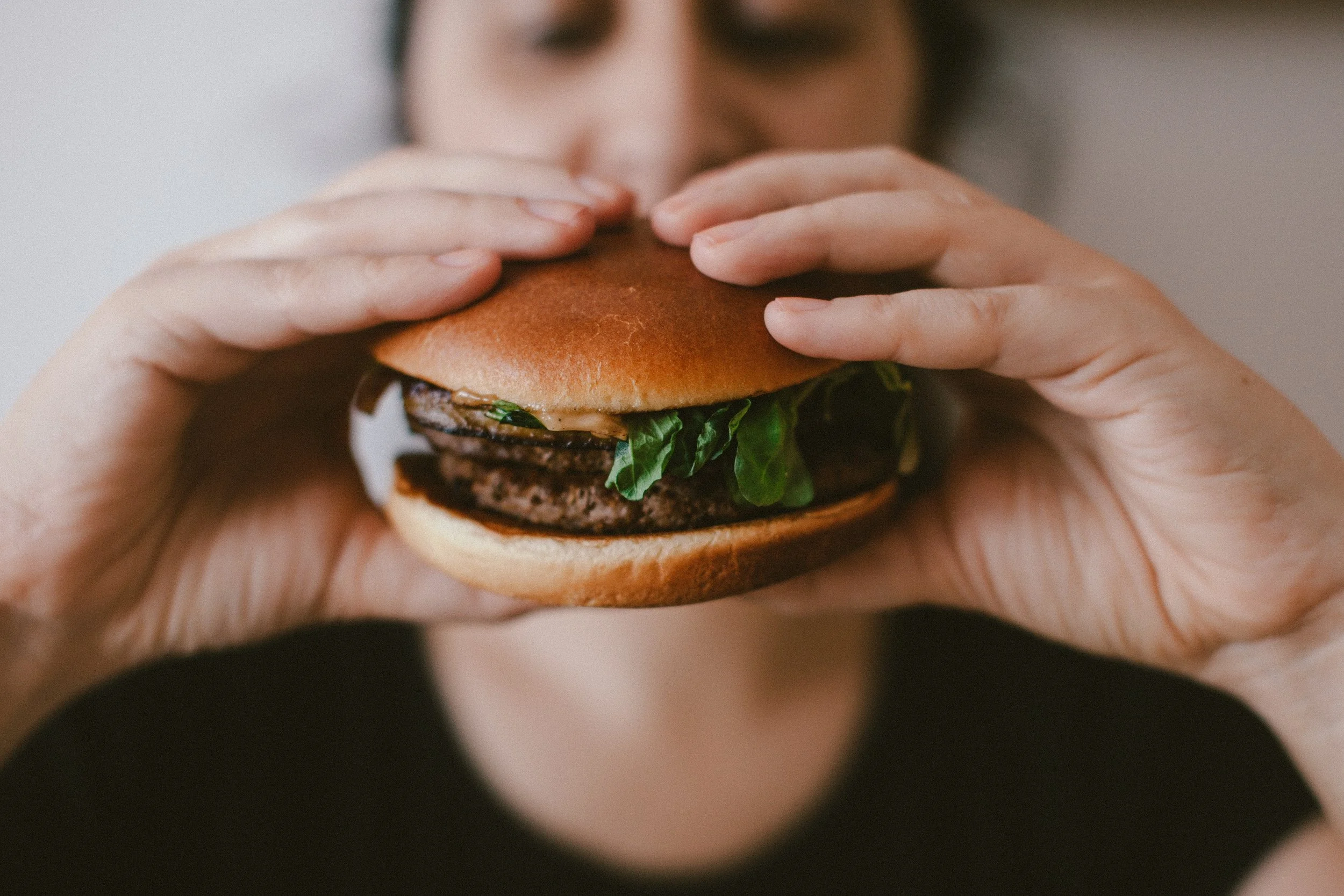What not to eat with Hashimoto's
Are there foods you should avoid if you have Hashimoto’s? Just like there are foods that are fantastic for your thyroid health, there are some that can cause more issues. If you are wondering what not to eat with Hashimoto’s, this is what you need to consider.
Foods to avoid if you have Hashimoto’s
Gluten
The number one ingredient that I recommend all Hashimoto’s clients remove from their diet is gluten. Gluten is a common food intolerance for people with autoimmune issues. But gluten is also something that can trigger thyroid flares, thanks to what is known as molecular mimicry.
Put simply, there is a component in gluten that ‘looks’ similar to a compound found in the thyroid. So when the immune system attacks the gluten component in the bloodstream, it can also lead to an attack on the thyroid tissues.
Another reason to avoid gluten is the increased risk of Coeliac disease. When you have one autoimmune condition, your risk of developing a second is quite high (around a 1 in 4 chance). A combination of Coeliac disease and thyroid disease can be a perfect storm of inflammation and immune reactions.
Keep in mind that it can take time to see the difference in removing gluten. It can take up to 6 months for the gut and immune system to recover from gluten’s effects, particularly if you have Coeliac disease as well.
Food sensitivities
Do you know whether you have any intolerances or sensitivities to food? If not, it’s time to investigate - we want to make sure you don’t consume foods you react to.
Why is this so important? There are several reasons:
Consuming foods you’re intolerant to can increase overall inflammation levels in your body. This is a problem for flares and the disease process
Food intolerances affect gut integrity - inflammation and impact on gut health can lead to increased intestinal permeability (or leaky gut) and trigger the immune system
It can impact the digestion of food - this increases your risk of nutrient deficiencies, including those that are vital for a healthy functioning thyroid gland
Many of the clients I work with come to me when their thyroid replacement therapy hasn't helped their symptoms. For most of those people, the reason is that there is a secondary factor such as a food intolerance flaring their symptoms and preventing them from healing.
The most common intolerances I see in thyroid disease are dairy, corn, eggs and soy. You can identify some through elimination diets, or you can look into testing as an option.
Processed foods
Let’s be honest - we know that processed and ‘junk’ foods aren’t great for us. But what about when it comes to your thyroid health? The reasons we want to give it a skip include:
They are full of additives and ingredients that you may be sensitive to
They are devoid of many nutrients thanks to the processing they undergo. This essentially makes them ‘empty calories’
They are highly inflammatory. This means they are a big trigger for both flares and the disease process when it comes to the thyroid
They will often lead to blood sugar fluctuations due to a lack of fibre and other nutrients. This has a knock-on effect on your thyroid and other hormones
The occasional treat is fine - as long as it’s not a specific trigger food for you. But if you consume processed foods on a regular basis, you may find your thyroid symptoms flaring.
Goitrogens
Finally, I wanted to touch on goitrogens, as they are often mentioned as foods that are bad for Hashimoto’s. But the thing about high-goitrogen foods is that most of them are nutrient-dense and beneficial for your health!
In case you’ve never heard of them, goitrogens are compounds found in common plant-based foods such as:
Soy products such as tofu, tempeh, soy milk and edamame
Cruciferous vegetables such as boy choy, broccoli, cabbage, cauliflower and kale
Some fruits and starchy plants including corn, millet, pear and sweet potato
For most people, consuming goitrogens isn’t a big deal. But if your thyroid is already struggling, it may make the situation worse.
But does this mean you have to give up all of these foods forever? Absolutely not - they have so much to offer in terms of nutrition and health benefits.
The good news is there are some ways you can minimise the effects of these compounds. Firstly, cooking goitrogen-rich foods can significantly reduce the levels. Getting sufficient thyroid supportive nutrients such as iodine and selenium may also reduce the impact.
If you have Hashimoto’s, you may want to cook most of your goitrogens. And if you prefer them raw, keep your intake on the lower side and add in iodine and selenium-rich foods.

